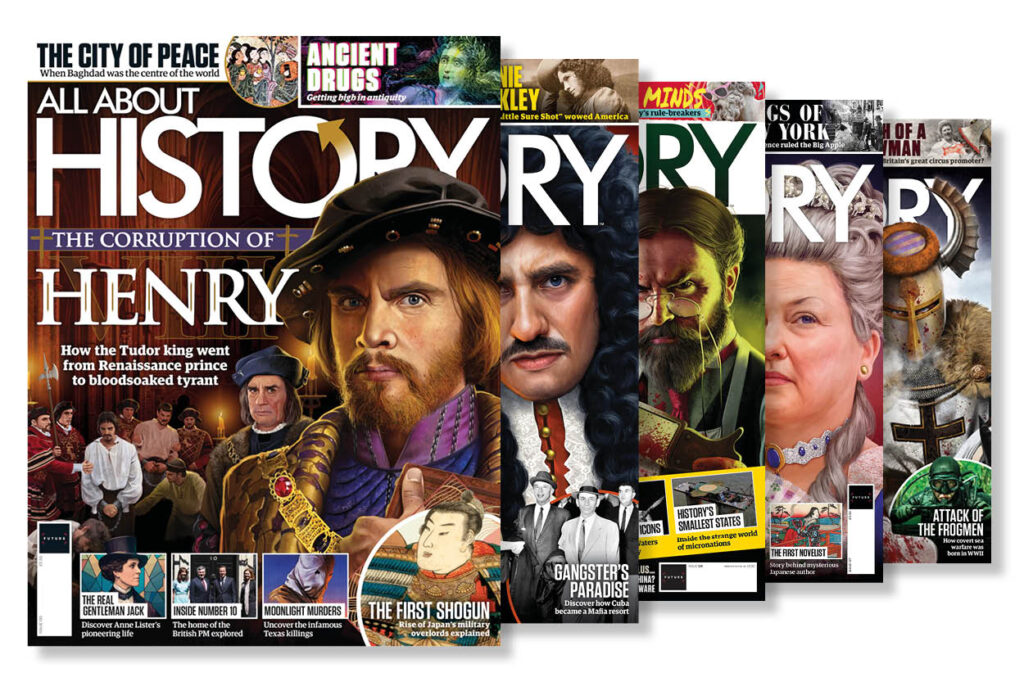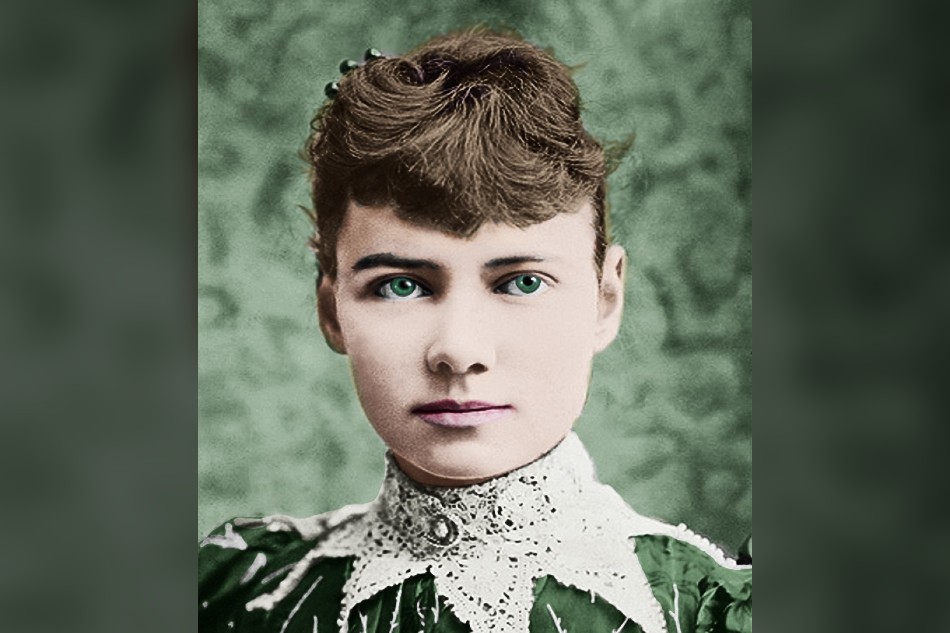To celebrate our 10th anniversary, our team chooses the historical figure whose story inspires them
This month, All About History celebrates its 10th anniversary. For ten years we’ve been bringing you thrilling tales of kings and queens, ancient armies, world wars and so much more! To celebrate, the team at All About History have each chosen a historical hero whose story inspires them. Over the coming weeks we’ll be bringing you a short Q&A with each member of the team, starting with our Editor, Jonathan Gordon.

Please introduce yourself
My name is Jonathan Gordon. I am the editor of All About History. I’ve been in the role since late 2018. Prior to this I worked on a number of tech and games titles, but my educational background was a degree in history, which has always been a passion of mine.
Can you tell us a little bit about your role on All About History?
As editor I’m responsible for the overall production and management of All About History and its various online channels. I plan and edit the magazine in conjunction with other members of the team, coordinate everyone’s work and generally manage the day to day operations of the publication.
Who is your historical hero?
I knew for a long time that I wanted to pursue a career as a journalist, so my history hero is one of the standout figures in this field; Nellie Bly.
Why are they historically important?
There are two particular stories regarding Nellie Bly that have made her an iconic figure. For pure journalistic drive and fortitude, having herself committed to the Women’s Lunatic Asylum on Blackwell’s Island (now Roosevelt Island) in New York in 1887 to expose the treatment of patients at the facility was a groundbreaking piece of undercover investigative journalism. The resultant articles in the New York World paper were compiled into a book, Ten Days in a Mad-House in which she showed how little care patients were given and how flawed their psychological assessments were. It also led to a Grand Jury investigation being held.
Her second achievement is remarkable both in its contrast to the first and its boldness. She set off in a race with rival journalist Elizabeth Bisland in 1889 to travel around the world in 80 days, hoping to make the fictional journey of Phileas Fogg in the Jules Verne story a reality. She not only won the race, but beat her target by making the journey from New York and back in 72 days, and even detoured to interview Jules Verne in Paris on the way.
What is it about their life that inspires you?
Like many of us, I’m drawn to underdog stories of one kind or another. Bly’s family had hit hard times and she grew up in an era that had very prescribed ideas of what women could and should be able to do. She went against the grain, arguing for greater autonomy for women, proving her personal ability and then putting herself at risk.
Journalism isn’t always the most appreciated occupation, but people like Nellie Bly stand out with their personal and professional integrity. Her career is evidence of the power of journalism to inform, illuminate and inspire.
Main Image Credit: Public Domain – Wiki/H. J. Myers
Subscribe to All About History now for amazing savings!

